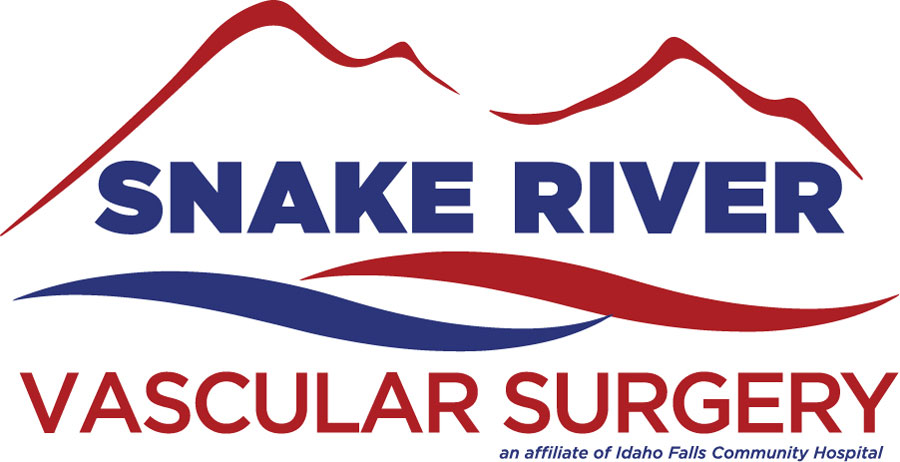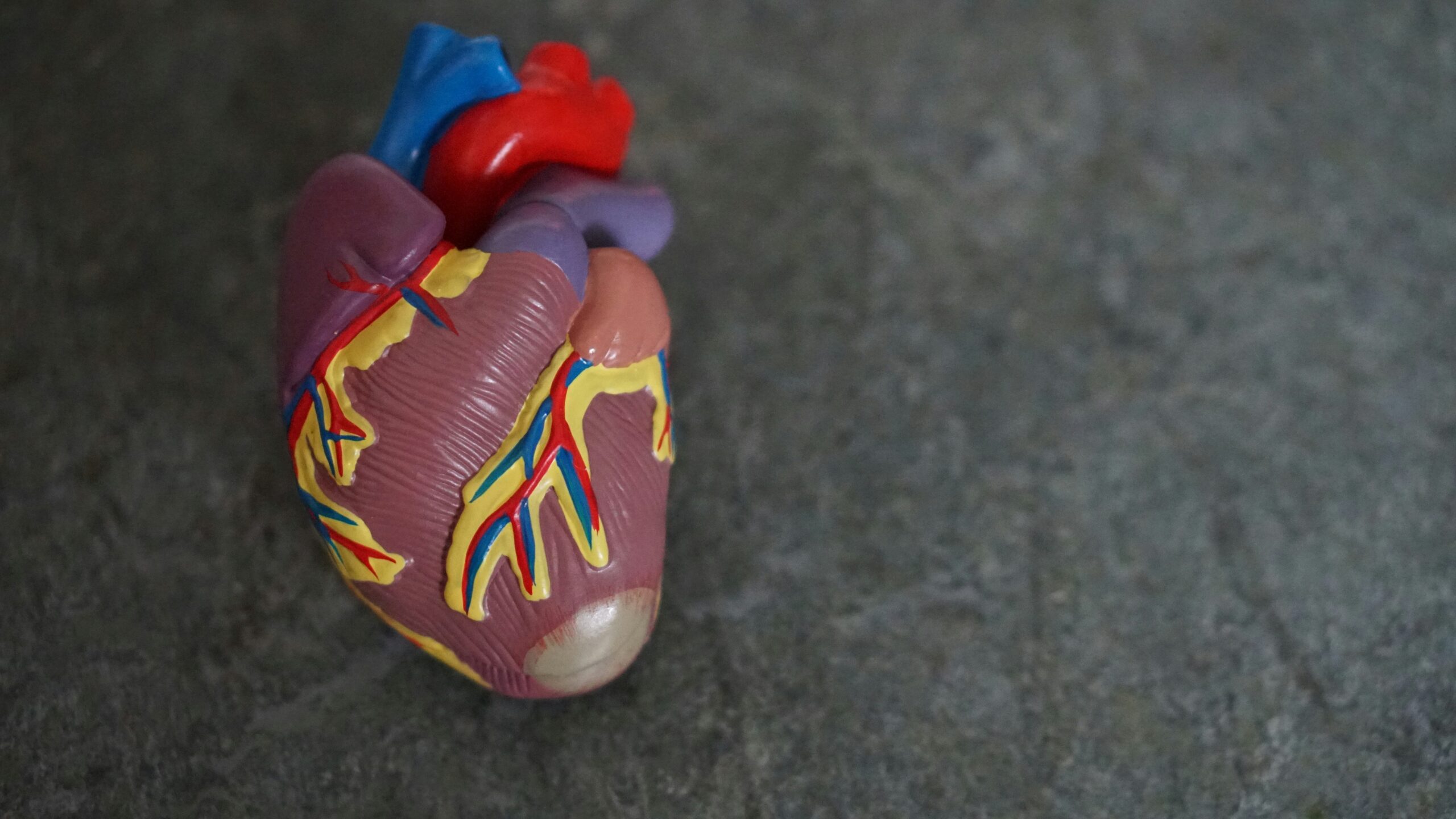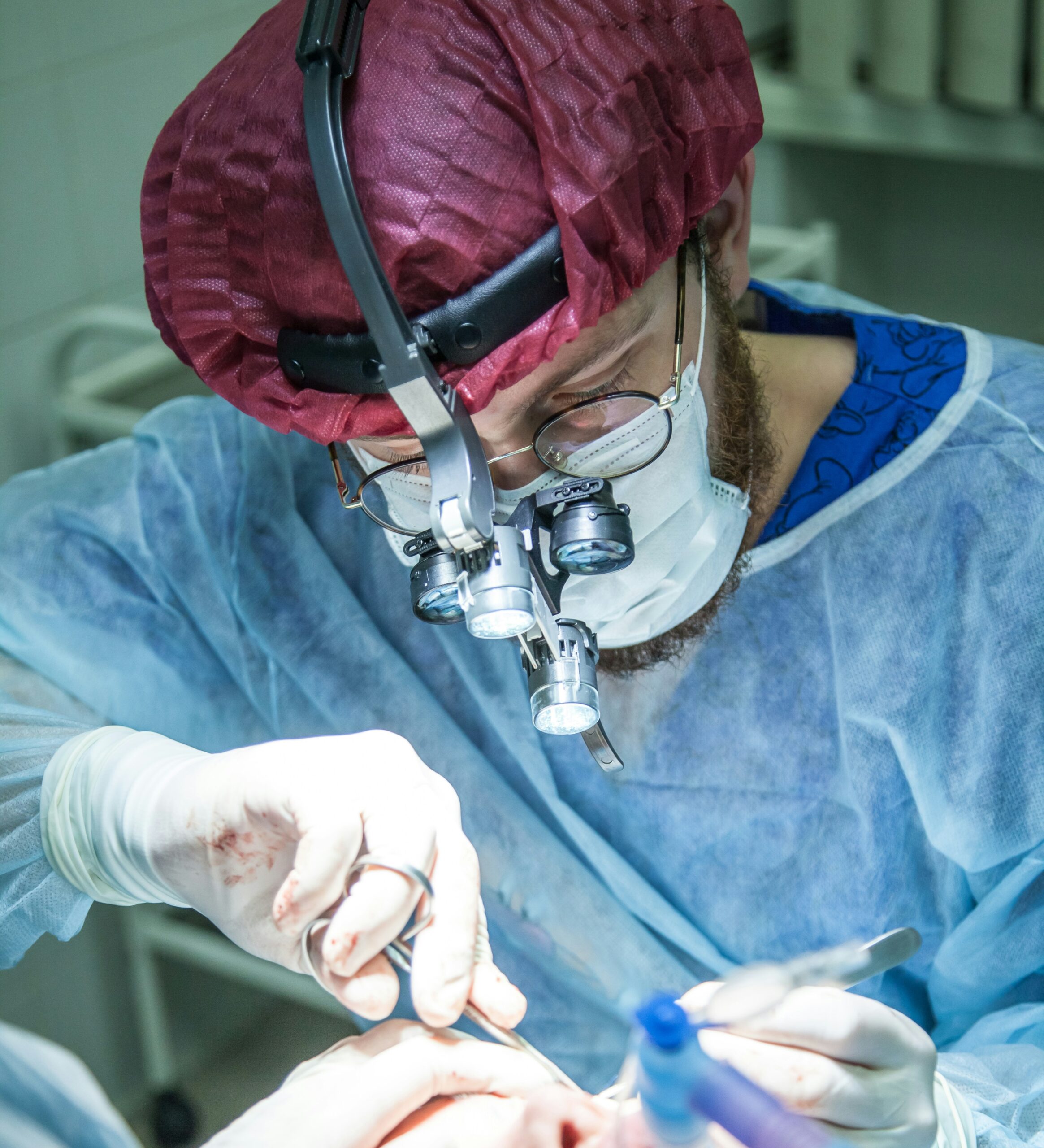The human circulatory system, with its intricate network of veins, arteries, and capillaries, is a vital component of our overall health. When issues arise within this complex system, a specialist known as a vascular surgeon becomes a crucial ally. The role of a vascular surgeon, their expertise, and the conditions they address, keep our circulatory system in optimal condition. Idaho Falls Vascular Surgeons are here to help with all of your needs!
What is Vascular Surgery?
Vascular surgery is a specialized field of medicine that focuses on the diagnosis and treatment of disorders affecting the blood vessels. These disorders can involve arteries, veins, and lymphatic vessels throughout the body, excluding the vessels within the heart and brain, which fall under the domain of cardiothoracic and neurosurgeons.
Vascular surgeons specialize in the diagnosis, treatment, and management of various conditions affecting the blood vessels. Here is a list of what vascular surgeons take care of:
- Peripheral Arterial Disease (PAD): Blockages or narrowing of arteries outside the heart and brain, often affecting the legs.
- Aortic Aneurysms: Abnormal bulges or swelling in the aorta, the main artery carrying blood from the heart to the rest of the body.
- Carotid Artery Disease: Narrowing or blockage of the carotid arteries that supply blood to the brain.
- Varicose Veins: Enlarged and twisted veins, typically occurring in the legs, are often caused by valve dysfunction.
- Deep Vein Thrombosis (DVT): Blood clots form in deep veins, commonly in the legs.
- Chronic Venous Insufficiency: Impaired blood flow in the veins, leads to symptoms such as leg swelling and skin changes.
- Renovascular Conditions: Conditions affecting the blood vessels of the kidneys, such as renal artery stenosis.
- Arteriovenous Malformations (AVMs): Abnormal connections between arteries and veins can occur in various parts of the body.
- Lymphatic Disorders: Conditions affecting the lymphatic vessels, lead to issues like lymphedema.
- Thoracic Outlet Syndrome: Compression of nerves and blood vessels in the thoracic outlet, resulting in symptoms such as pain and numbness.
- Vascular Trauma: Injuries to blood vessels due to trauma, accidents, or other causes.
- Endovascular Interventions: Minimally invasive procedures involving catheters, stents, and imaging guidance to treat vascular conditions.
- Vascular Access Procedures: Creating and managing access points for medical treatments, such as dialysis access for patients with kidney disease.
- Wound Care in Vascular Patients: Addressing wounds and ulcers related to vascular conditions, particularly those associated with poor blood flow.
- Multidisciplinary Collaboration: Collaborating with other healthcare professionals, including cardiologists, radiologists, and interventional radiologists, to provide comprehensive care.
- Preventive Care and Patient Education: Educating patients about lifestyle modifications, risk factor management, and early detection of vascular issues for preventive care.
- Rehabilitation and Follow-Up Care: Providing post-surgical care, rehabilitation recommendations, and long-term follow-up to optimize patient outcomes.
Vascular surgeons play a crucial role in addressing a wide spectrum of vascular disorders, ranging from common conditions like varicose veins to more complex issues such as aortic aneurysms. Their expertise and interventions contribute significantly to preserving and improving the overall circulatory health of their patients.
What Vascular Surgeons Offer
Educational Background and Training
Becoming a vascular surgeon involves rigorous education and training. Vascular surgeons typically complete a medical degree followed by a general surgery residency. After this, they pursue additional specialized training in vascular surgery through a fellowship program. This comprehensive training equips them with the expertise to address a wide range of vascular conditions.
Minimally Invasive Techniques
Advancements in medical technology have revolutionized vascular surgery. Vascular surgeons are proficient in using minimally invasive procedures that involve small incisions, catheters, and imaging guidance. These techniques often result in faster recovery times, reduced scarring, and decreased risk of complications.
Collaboration with Other Specialists
Vascular surgeons often collaborate with other healthcare professionals, including cardiologists, radiologists, and interventional radiologists, to provide comprehensive care. This multidisciplinary approach ensures that patients receive tailored treatment plans that address their unique vascular health needs.
Preventive Care and Patient Education
In addition to treating existing vascular conditions, vascular surgeons play a crucial role in preventive care. They educate patients about lifestyle modifications, risk factor management, and early detection of vascular issues to promote overall cardiovascular health.
Follow-Up Care and Rehabilitation
After surgical or interventional procedures, vascular surgeons monitor patients closely during the recovery process. They may recommend rehabilitation exercises and lifestyle adjustments to optimize long-term vascular health.
In the intricate network of our circulatory system, vascular surgeons are the navigators, addressing a spectrum of vascular conditions and ensuring the optimal function of our blood vessels.




